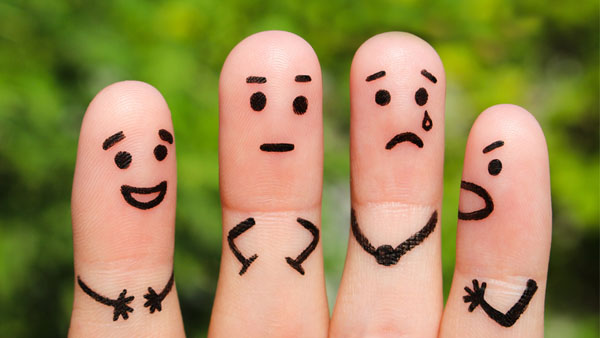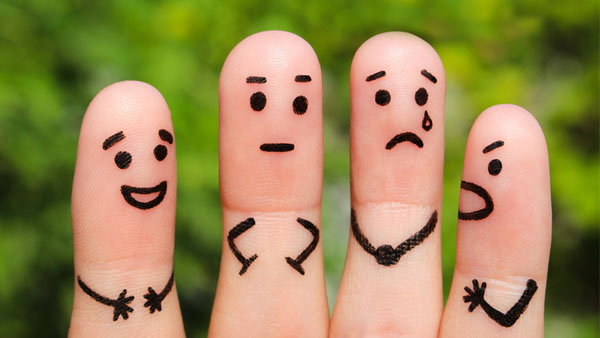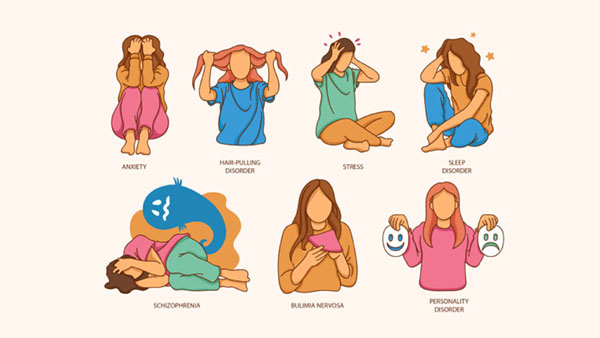Joya Saikia
Human beings, as the most complex and advanced creatures on Earth, are equally defined by the vast range of emotions we experience. Despite our intellectual prowess, much of what shapes us remains enigmatic, with emotions like envy, resentment, and even schadenfreude often lurking just beneath the surface. While we celebrate the triumphs of ourselves and those close to us, we also find, sometimes disturbingly, a quiet satisfaction in the misfortune of others. The Germans have a word for this complex emotion: schadenfreude, which literally translates to “harm-joy.” This paradoxical feeling arises when we derive pleasure from someone else’s failure, often because it makes us feel better about ourselves or validates our own grievances. Rooted in social comparison, schadenfreude exposes a darker side of human nature—our tendency to measure our worth by the missteps of others.

Philosophers such as Friedrich Nietzsche and Arthur Schopenhauer have grappled with the less admirable emotions that inhabit our psyche. Nietzsche, for example, suggested that certain religious teachings that vilify emotions like envy might hinder human progress. Envy, Schopenhauer argued, is fundamentally human; however, he considered schadenfreude “diabolic,” linking it to cruelty and a moral decline. Sigmund Freud, on the other hand, saw it as a defense mechanism, a way to deflect personal insecurities by reveling in the failure of others. Regardless of its theoretical explanations, schadenfreude reveals the tension between humanity’s capacity for empathy and the far less virtuous urges that coexist within us—jealousy, resentment, and sometimes, indifference to the suffering of others.
It was a recent experience that caused me to reflect deeply on this complex aspect of human nature. During a public protest at an academic institution, some acquaintances inquired whether the demonstration was aimed at a specific individual. When I revealed it was not, I was struck by the palpable disappointment they expressed. They had seemingly hoped to witness the downfall of this individual, and in their hope for “bad news,” I sensed their desire for vindication. This raised an uncomfortable question: do we truly empathize with others when they experience misfortune, or are we merely masking a secret satisfaction in their perceived failures?
The following morning, a seemingly unrelated moment deepened my introspection. As I prepared my son for his school play, watching him excitedly zip up his hyena costume, a thought struck me: are we all, to some extent, like hyenas? Beneath the veneer of civility, do we wait for the moment to pounce on another’s misstep, like a predator ready to feast on someone else’s misery? The hyena’s mockery, its gleeful and malicious laughter, became a symbol for the hidden aspects of human nature—the darker impulses we often try to suppress. As I secured the final clasp of his costume, I found myself grappling with the uncomfortable reality that, like my son dressed as a hyena, we all wear our human masks, concealing the more savage tendencies that lurk within.
These reflections took on a deeper significance during the Dussehra celebrations, when the effigies of Raavan were set ablaze. The act of burning these symbolic representations of evil struck me as a metaphor for the battle we must each face within ourselves. Raavan, with his ten heads, embodies the multifaceted nature of human vices—prejudice, hatred, bias, ignorance, and, perhaps most insidiously, schadenfreude. If we are to truly conquer these demons, the battle must first take place within our own minds. The process of “burning Raavan” is not just a ritual but a call for internal cleansing, urging us to confront and eradicate the darker parts of ourselves.
As the festival of Diwali approaches, many engage in the tradition of cleaning and tidying their homes. It’s a time to remove the clutter and refresh the space. This external cleaning mirrors a ritual we often perform within our own lives—covering up parts of ourselves we deem unsightly or uncomfortable. We paint over our emotional blemishes, much like the fresh coats of paint my neighbors are applying to their houses. But just as the house is not truly restored unless the mold beneath the surface is eradicated, we must confront the internal “mold” of our emotions if we are to experience genuine self-renewal.
This Diwali, perhaps it is time to turn inward, not just to cleanse our surroundings but our minds. Instead of focusing on the superficial cleanliness of our external environment, let us perform an internal ritual of introspection. Let us recognize and release the harmful emotions that slither within us, particularly those that lead us to take pleasure in others’ suffering. Let us ignite our inner lamps—not just to dispel darkness in our homes, but to illuminate the path toward greater compassion, empathy, and self-awareness.
Schadenfreude, envy, and resentment are all too familiar companions in the human experience. They are emotions that, like darkness, threaten to overwhelm us if left unchecked. But as we seek to cleanse ourselves this Diwali, let us focus on nurturing love, compassion, and understanding. By confronting our darker instincts and choosing to cultivate the light of empathy, we can foster a more authentic and harmonious relationship with ourselves and others. True progress, both personal and societal, begins with the conquest of the demons within.
(the writer can be reached at joyasaikia1990@gmail.com)




